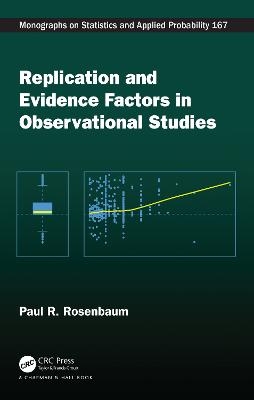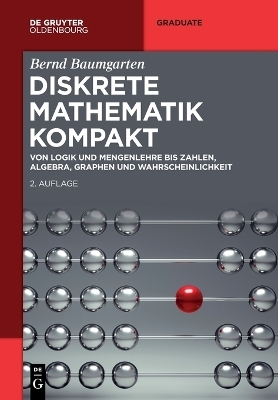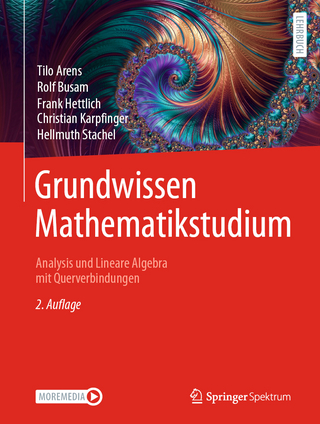
Replication and Evidence Factors in Observational Studies
Chapman & Hall/CRC (Verlag)
978-0-367-75170-8 (ISBN)
Outside of randomized experiments, association does not imply causation, and yet there is nothing defective about our knowledge that smoking causes lung cancer, a conclusion reached in the absence of randomized experimentation with humans. How is that possible? If observed associations do not identify causal effects in observational studies, how can a sequence of such associations become decisive?
Two or more associations may each be susceptible to unmeasured biases, yet not susceptible to the same biases. An observational study has two evidence factors if it provides two comparisons susceptible to different biases that may be combined as if from independent studies of different data by different investigators, despite using the same data twice. If the two factors concur, then they may exhibit greater insensitivity to unmeasured biases than either factor exhibits on its own.
Replication and Evidence Factors in Observational Studies includes four parts:
A concise introduction to causal inference, making the book self-contained
Practical examples of evidence factors from the health and social sciences with analyses in R
The theory of evidence factors
Study design with evidence factors
A companion R package evident is available from CRAN.
Author Paul R. Rosenbaum is the Robert G. Putzel Professor of Statistics at the Wharton School of the University of Pennsylvania. For contributions to causal inference, he received the R. A. Fisher Award in 2019 and the George W. Snedecor Award in 2003, both from the Committee of Presidents of Statistical Societies (COPSS). He delivered an IMS Medallion Lecture on the topic of this book in 2020. Dr. Rosenbaum is the author of several other books including Observational Studies (Springer 1995, 2002), Design of Observational Studies (Springer 2010, 2020), and Observation and Experiment: An Introduction to Causal Inference (Harvard University Press 2017).
I Background: Aspects of Causal Inference. 1. Causal Inference in Randomized Experiments. 2. Causal Inference in Observational Studies. 3. Replication and its Limits. II Evidence Factors in Practice. 4. Examples of Studies with Evidence Factors. 5. Simple Analyses with Evidence Factors. 6. Planned Analyses with Evidence Factors. 7. Dependent P-Values. 8. Treatment Assignments as Permutations. 9. Sets of Treatment Assignments. 10. Probability Distributions for Treatment Assignments. 11. Factors. 12.*Groups of Permutation Matrices. IV Aspects of Design. 13. Constructing Matched Samples with Evidence Factors. 14. Design Elements for Evidence Factors.
| Erscheinungsdatum | 07.09.2022 |
|---|---|
| Reihe/Serie | Chapman & Hall/CRC Monographs on Statistics and Applied Probability |
| Sprache | englisch |
| Maße | 156 x 234 mm |
| Gewicht | 400 g |
| Themenwelt | Mathematik / Informatik ► Mathematik |
| ISBN-10 | 0-367-75170-4 / 0367751704 |
| ISBN-13 | 978-0-367-75170-8 / 9780367751708 |
| Zustand | Neuware |
| Informationen gemäß Produktsicherheitsverordnung (GPSR) | |
| Haben Sie eine Frage zum Produkt? |
aus dem Bereich


